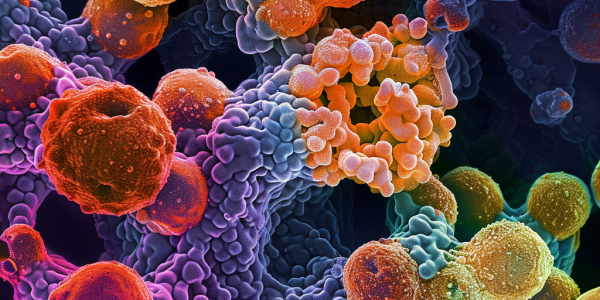Study Reveals Hidden Complexities in Liver Cancer Tumors
A recent study funded by the National Research Foundation Singapore revealed unexpected molecular heterogeneity within liver tumors, with more than 40% of hepatocellular carcinomas containing multiple molecular subtypes. Published in the Journal of Hepatology, the findings emphasize the importance of comprehensive sampling in studying and treating liver cancer to optimize patient outcomes. The ‘bad apple effect’ underscores the need for personalized treatment strategies to address the complexities of liver cancer and improve clinical outcomes.

